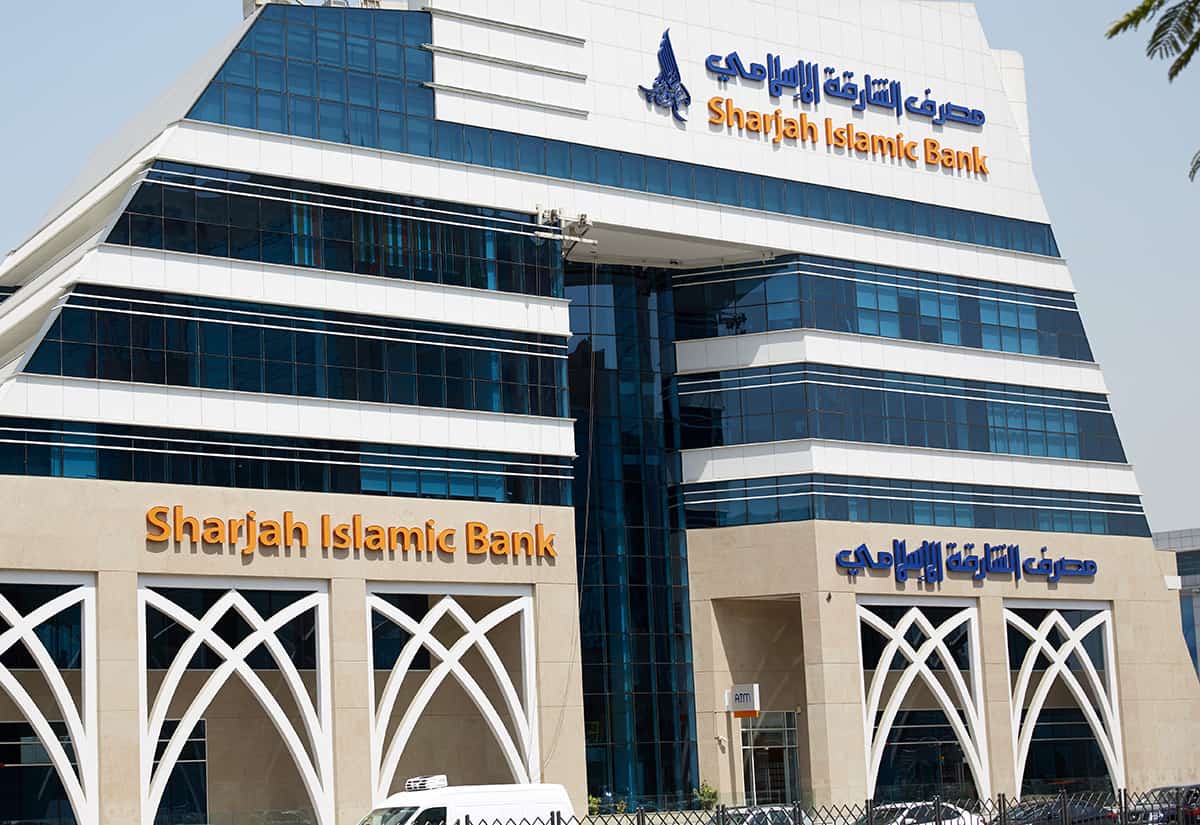DUBAI, UAE — The surge in profits brought about by high oil prices, enhanced confidence and several large-scale government projects will help banks in the Gulf Cooperation Council countries get off to a good start in the new year.
At the same time, however, they will face several challenges due to geopolitical conflicts and rising global inflation rates.
Postive outlook, and some risks
According to S&P Global Ratings’ most recent assessment of the regional banking sector, a rise in the cost of risk is not anticipated unless conditions deteriorate significantly.
GCC banks will also reap the benefits of reduced overhead thanks to fewer branches and a smaller workforce.
The agency’s outlook for GCC banks in the next year is firmly positive, yet will include some risks:
- The global economy’s predicted recession could harm the region’s commodity prices next year. S&P’s base-case scenario assumes Brent oil prices of $85 per barrel in 2023 and $55 in 2024 and beyond, resulting in reduced growth for GCC economies and fewer possibilities for their banking systems.
- A few GCC banks have expanded into risky countries, especially Turkey and Egypt.
- Potential liquidity will likely emerge as a constraint to support growth as local and global liquidity becomes less abundant.
Technology as growth catalyst
Since the COVID-19 outbreak, GCC banks have experienced a growth of more than 10 percent annually.
“This is a positive sign and will mostly lead to a higher return on equities,” said Stephane Ulcakar, Head of Corporate and Government Banking at Arthur D. Little.
In an interview with TRENDS, Ulcakar pointed to the importance of digitization in the growth of GCC banks, especially technologies “that enable a faster and quicker customer experience with the clients being able to identify themselves and do some operation faster”.
“For example, face recognition is great for improving customer experience,” he said,
Technology presents both obvious and less obvious opportunities, the latter of which has the potential to alter the financial services industry’s structure significantly.
Blockchain also plays a significant role in developing the GCC banks and protecting their data and the customers’ information.
Ulcakar added, “Some technologies can also help improve complex operations such as trade, finance and many more.”
Growth expectations
Arthur D Little’s report “Banking as a Service Model: A Vital Necessity for Banks of the Future, explores the increasing trend to adopt banking services models as a service by small and medium banks on a limited scale.
In light of these trends, the banking services market as a service is expected to grow at a compound annual growth rate of about 25 percent, which means that the revenues of this segment of services may increase to $5 billion or the equivalent of 4 percent of total banking revenues in the Middle East region by 2026.
At the same time, BaaS revenues are expected to reach $28 billion by 2031, equivalent to around 17 percent of total banking sector revenues in the Middle East.
BaaS services, which are developed in light of banks’ core activities and operations, will turn into a robust platform that can be built upon to redefine current market standards and enhance levels of investor satisfaction.
Payments and accounts are crucial elements that will drive initial growth, given the ease of integrating these products into the transformation path of the GCC banks. In addition, the transformation features will likely extend to consumer loans for individuals, in line with consumers’ high demand for solutions, such as buy now, pay, later across the region.








